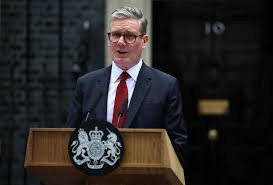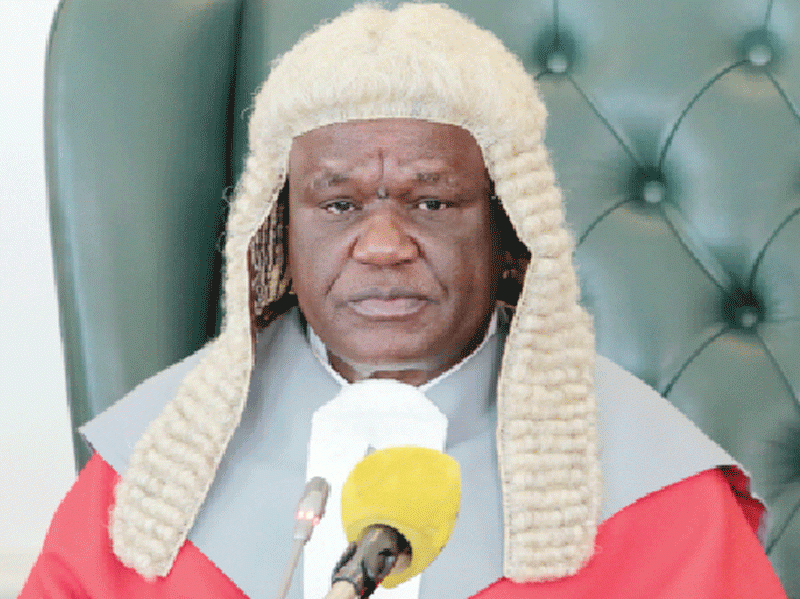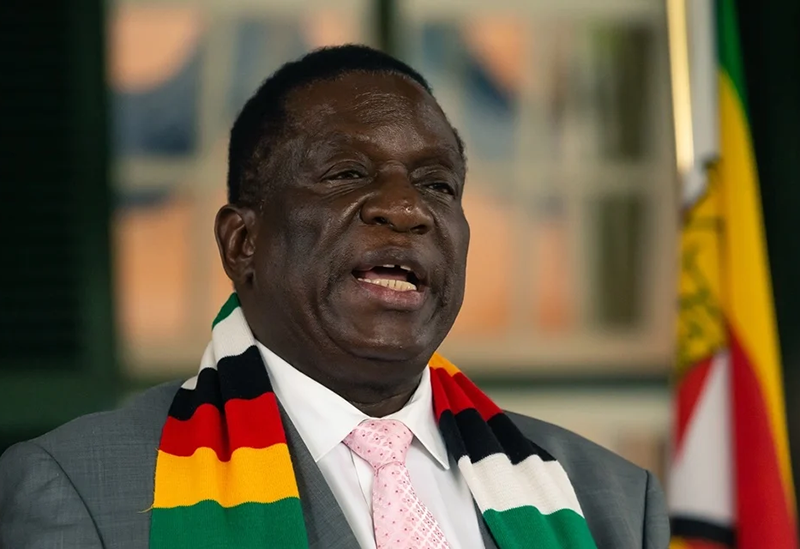
The UK went to the polls last week with Keir Starmer, as widely predicted, now installed as prime minister and the Labour party in power for the first time in 14 years.
This blog asks, will this bring a change to policies on aid and development in Africa, and what should the priorities be?
Although many are making comparisons with the big Labour majority of 1997 when Tony Blair swept to power, today is a very different context.
There will not be a new, high-profile commitment from the UK government to development; no new aid department; no global push to reduce poverty and debt and probably very little extra money.
The heady days of the establishment of DFID (the Department for International Development) led by Clare Short are long gone.
The UK has lost its influence in international development circles through long years of neglect, the merging of DFID with the Foreign Office and the dropping of its commitment to the 0.7% of GDP aid target.
Outside the European Union thanks to Brexit and with a shaky relationship with the US (likely getting worse in November), the UK’s once considerable soft power around aid and development has declined significantly.
Recognising all this, what can a new government do, with little money and less influence? The focus on Africa and the poorest parts of the world, those most affected by conflict and climate change, seems established.
- Zim needs committed leaders to escape political, economic quicksands
- Chicken Inn knockout Harare City
- Ziyambi’s Gukurahundi remarks revealing
- Ngezi stunned by 10-man Herentals in Chibuku Cup
Keep Reading
The new mission statement proclaimed in the Labour Party manifesto, which claims it wants to ‘modernise’ international development, will be ‘to create a world free from poverty on a liveable planet’.
Noone can object to that. A renewed focus on social justice and environmental issues is evident in some (rather vague) manifesto commitments. And David Lammy, the new Foreign Secretary, together with Anneliese Dodds, the new Minister of State for Development, have the experience and intellectual capacity to create an impact if an effective team within FCDO (the merged department) is assembled.
What should the priorities be? There clearly will be many, and the manifesto gives only a few clues.
Earlier in the year, the research group that I work with at the Institute of Development Studies at the University of Sussex got together and identified a few key priorities, laid out in a blog series.
The first one was climate change where the UK did take a lead even under the Tories, with Alok Sharma and team pulling off the hosting of COP26 in Glasgow.
But our blog makes the case that climate should not be seen as separate from development more broadly and that there needs to be a greater integration.
Climate and development are inextricably linked, whether thinking about mitigation or adaptation measures, meaning joining up efforts between the Ministry of Energy Security and Net Zero under Ed Miliband and FCDO efforts.
The biodiversity and nature crisis was highlighted in a second contribution, where a similar argument was made. You cannot protect nature without thinking about how the natural world is used and managed by local people.
Here again, FCDO work and that of the Department of Environment, Food and Rural Affairs under Steve Reed must be linked up.
Exclusionary, violent fortress conservation approaches will not work. Again, not a new argument, and the UK has long experience of supporting sensitive, locally-engaged conservation approaches, but when framed as a crisis, too often hasty, top-down solutions are sought.
The third contribution focuses on humanitarian assistance, an increasingly large share of the aid budget.
This again made the case that it’s important not to separate off humanitarian aid from development.
If resilience is to be built, then humanitarian work needs to be integrated with long-term development. Here, we make the case that the ‘sustainable livelihoods’ approach – a hallmark of post-1997 DFID efforts – needs reviving and putting front-and-centre of a new vision for humanitarian aid.
All three of these themes can be central to a new UK development effort, particularly in Africa. In collaboration with partners, the UK could once again become a leader in development thinking and practice, providing new approaches while reviving older ones.
A central theme running through all three blogs is the importance of integrating broader development – reducing poverty, improving livelihoods, promoting social justice – with addressing the linked climate and biodiversity crises, as well as supporting humanitarian aid.
This requires a grounded, participatory approach, attentive to local conditions and perspectives. And it needs to take politics and political economy seriously, avoiding the temptations of a rapid, top-down fix as a response to a crisis.
None of these are new ideas. Many were learned in the experiences of UK development from 1997, when DFID was a global leader.
But, sadly, many of these lessons have been forgotten with the chaos of the departmental merger, the loss of talented staff and the dispersal of ‘development’ activities across government.
Hopefully Lammy, Dodds and their teams can help revive the UK’s reputation as a leader in development (perhaps even an informal chat with Clare Short – although she said she might vote Green so disillusioned was she with the Labour Party’s position on so many issues).
Much of any new agenda will have to be implemented through UK embassies and the development teams based across many countries in Africa.
In Zimbabwe, there’s a great team with a very supportive ambassador and improving relations with the government so, unlike in the recent past, there’s much potential for the existing partnership plan.
There is limited money, however, as Zimbabwe once again lost out in the spending allocations from FCDO and the project portfolio is a bit of mish-mash, an inheritance of past decisions.
But with some strong priorities – such as the ones we highlight in our trio of blogs – there is real potential to do some important and interesting work that will make a difference.
Let’s hope that, despite all the pressing domestic priorities, the new UK government sees fit to revive the aid programme, not just in funding terms but perhaps more importantly in its capacity and stature. It won’t be 1997 – and shouldn’t be – but it must be better than the disaster of the past 14 years.
*This blog was written by Ian Scoones and first appeared on Zimbabweland










